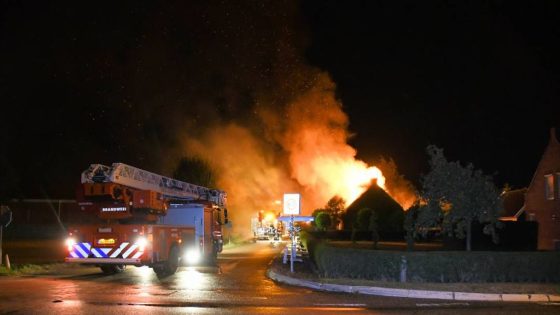In a surprising turn of events, Hillary Clinton recently suggested that if Donald Trump can end the war in Ukraine without conceding territory to Russia, she would nominate him for a Nobel Peace Prize. This statement, made during a podcast appearance on “Raging Moderates,” has sparked discussions across the nation about the potential for bipartisan cooperation in foreign policy.
- Hillary Clinton praises Trump for potential peace efforts.
- Trump could earn Nobel Peace Prize nomination.
- Clinton emphasizes importance of Ukraine's territory.
- Ceasefire and Russian withdrawal are essential.
- Trump acknowledges Clinton's comments positively.
- Historical rivalry highlighted in their exchange.
Clinton emphasized the importance of standing firm against Russian aggression, stating that a successful ceasefire and withdrawal of Russian troops would validate Ukraine’s sovereignty. Her comments come at a time when the U.S. is grappling with its role in international conflicts, especially as the situation in Ukraine continues to evolve. As she put it, “If President Trump were the architect of that, I’d nominate him for a Nobel Peace Prize.” This unexpected praise raises questions about the future of U.S.-Russia relations.
Clinton’s statement prompts US to consider whether former rivals can unite for a common cause. Could this be the moment for a new approach to international diplomacy? Key points to consider include:
- Clinton’s call for a ceasefire reflects growing concerns over U.S. foreign policy.
- Trump’s response indicates a willingness to engage in serious discussions.
- Public interest in bipartisan solutions may influence future political dynamics.
As the situation unfolds, it will be crucial for American leaders to prioritize diplomatic solutions that uphold democratic values. Will this lead to a new era of cooperation in U.S. foreign policy?















